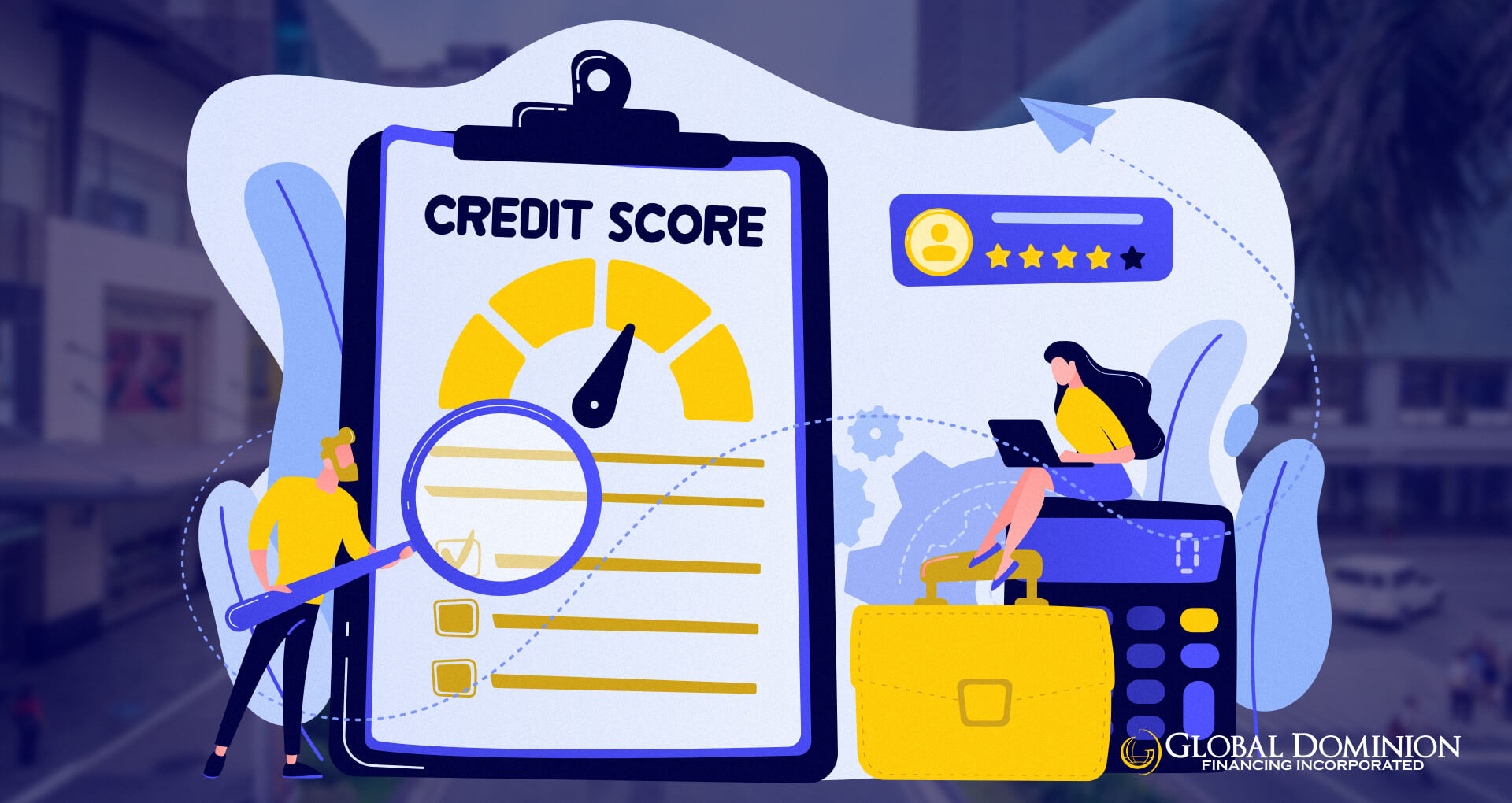What is a Credit Score and How Does It Affect Filipinos?

While still in the process, the National ID will be your ultimate proof of identity in our country. In the same way, your proof of financial capability is determined by a credit score.
Let us take a look at this information which essential in the major countries around the world and is becoming more visible that’s about to change our financial landscape. So, what is a credit score and how does it affect Filipinos?
What is a Credit Score?
In countries like the US and the UK, a credit score consists of a three-digit number that determines your behavior in relation to financial undertakings. This indicates all necessary information such as the bank accounts you have, usage of credit cards, records of paid and unpaid loans, and history of payment habits.
Your credit score speaks a lot about how you handle your finances. Banks, lending institutions, credit card companies, and insurance providers check this information as part of the process in every financial transaction you make to set expectations and measure the risk from your accounts.
There are various models for credit scoring, but the three most popular ones are FICO, VantageScore, and Experian. Data collected vary but these variables similarly go down to your credit standing.
Is there a credit score in the Philippines?
Yes, there is a credit score in the Philippines, and its visibility and function as a basis for financial institutions (FIs) are yet to get stronger in the next few years.
Credit scoring has been in the Philippines for years but can still be considered as pretty new concept for Filipinos. The Philippines then utilizes a credit standing assessment through credit reporting.
The governing body for these confidential data is the Credit Information Corporation (CIC). The agency collects records from lenders, banks, and other financial institutions. You can check your credit report through Special Accessing Entities (SAEs):
However, CIBI is the only SAE to provide a credit report with a credit score for now.
What is credit reporting?
The then credit report in the Philippines does not have a numerical figure, but this is about to change with IPOPHL-certified CIBI. Being able to provide a credit score is a huge step into progress as the numerical figure indicates the category of an individual’s financial habit contains essential information such as proof of your identity. Like in the US, the score ranges from 300 to 850, where the latter is the highest and optimal.
It also includes your GSIS or SSS number, TIN, location of residence, business details (if applicable). Like the credit score in the US, the credit report has a list of your loan contracts, utility subscriptions, and other responsibilities useful for FIs.
More specifically, credit reports contain your details on the following:
- New credit – number of new credit accounts recently opened
- Variety of credit used – the number and types of account a person manages. The more variety of account types handled properly establishes a good profile than those who have fewer accounts.
- History of Payment – all accounts paid, past due accounts, including red flags or, worse, collections.
- Credit utilization rate – this refers to available credit versus how much credit you spend on average. Frequent maxing out your credit limit may negatively affect your score
How do I get a credit report in the Philippines?
To get a copy of your credit report in the Philippines, you may submit a request from CIBI, one of the CIC-accredited bureaus but the only SAE certified to provide a credit report with a credit score.
- You can download the mobile app CIBIApp on Google Play or App Store.
- You may complete the process through the web by visiting this website: https://cibiapp.cibi.com.ph/#/login
CIBI charges P235 for each request of credit report and score.
How will credit scoring affect Filipinos?
Credit scoring will affect Filipinos not only for loan or credit card approvals. Now that a numerical figure is incorporated with an individual’s profile, like in the US, it will be very important information for your financial standing and how financial institutions look at you. This will also impact your employment opportunities, insurance rates, lifestyle, and in the long run, your financial future.
With the ever-expanding technology and globalization, the credit scoring landscape has also changed in the Philippines. The efforts of Fintech companies made the unbanked gain access to financial services. Some fintech companies now calculate credit scores via telco data (locations, call/text usage, pasaload, time since activation, top-ups, data usage, etc) that helps in building credit scores for all kinds of applicants.
It won’t be long for the credit score to become a convention in our financial industry, so take this time to build, fix, and maintain a good credit standing.





